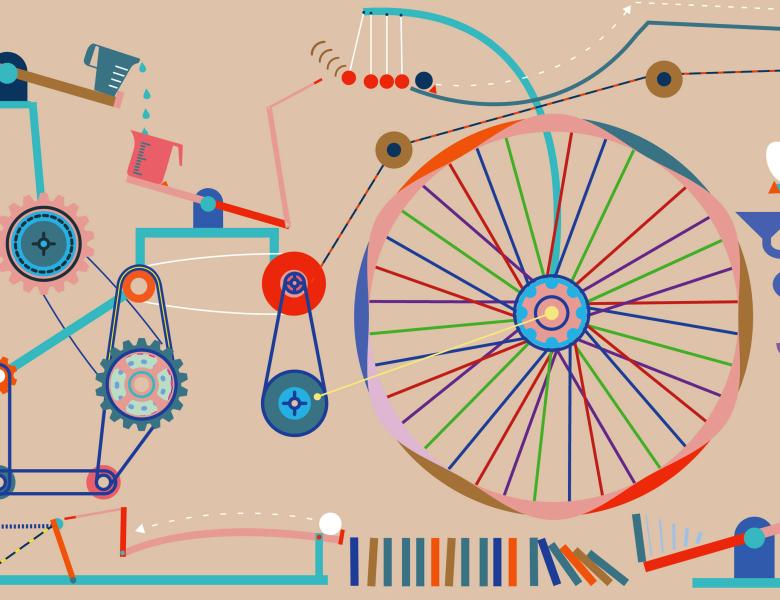
Abstract
In this talk, I look at a general logical framework to compare and analyse various "epistemic conditionals", as formal tools to represent different types of learning: standard epistemic-doxastic conditionals (for updating beliefs after Bayesian conditioning), dynamic-quantum conditionals (for updating information after quantum measurements), causal-intervention conditionals, and counterfactual conditionals. My aim is to provide a comparative analysis of these various forms of conditioning, centred around the idea of "action-based reasoning". I will focus in particular on the role of logical dynamics in this analysis, using formal techniques coming from propositional dynamic logic and quantum dynamic logic. We show how these techniques can be used to analyze the ontic and epistemic-informational aspects of quantum measurements and to compare them with other forms of learning.


